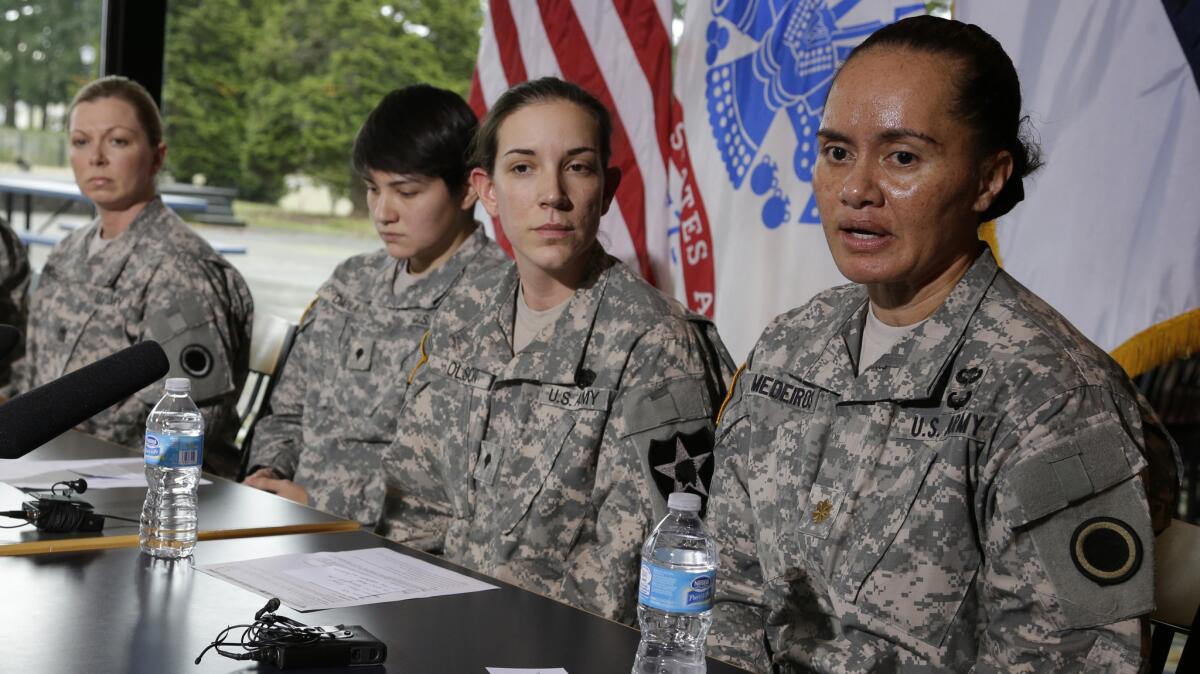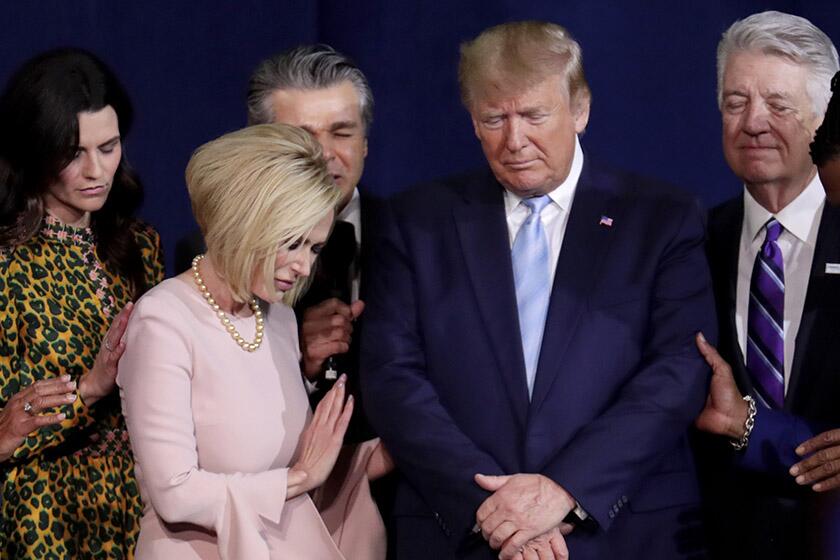Will women have to sign up for the (nonexistent) draft?

When Secretary of Defense Leon Panetta announced that he was rescinding restrictions on women in combat, he dropped this provocative comment: “Our nation was built on the premise of the citizen soldier. In our democracy, I believe it is the responsibility of every citizen to protect the nation. And every citizen who can meet the qualifications of service should have that opportunity.”
Query (as they saw in law school) whether this formula undermines the rationale for current law requiring 18-year-old males, but not females, to register for a “standby” military draft.
Actually, there are two questions: Does the new policy require Congress to revisit the issue and either extend the registration requirement to women or abolish it altogether? And does the new policy change the equation from the standpoint of judge-made constitutional law?
On the first question, you can unpack Panetta’s comments two ways. Taking them at face value would suggest that the all-male standby draft must go. But Panetta also referred to “every citizen who can meet the qualifications of service.” If you watched Panetta’s entire presentation, you know that he tried to deflect the idea that admitting women to combat would lead to the relaxation of physical standards for especially strenuous assignments.
Critics of the new policy worry that, despite such assurances, physical requirements that disproportionately exclude women will be watered down. But a plausible reading of Panetta’s remarks is that the Pentagon is comfortable with the idea that standards for some positions will have what lawyers call “disparate impact” -- meaning that many more men than women will pass a test of (say) upper-body strength.
That “exception proves the rule” notion can be squared with the idea that, in designing a military draft, Congress can take account of general differences between the sexes in deciding to require only men to register for a potential wartime mobilization. Suppose Congress takes exactly that view and leaves the all-male standby draft in place, and then someone files a new legal challenge to the draft law. What would the Supreme Court say?
In 1981, the court rejected a challenge to the all-male standby draft filed by men who argued that it violated their right to equal protection of the laws. Writing for the court, Justice William H. Rehnquist noted that the case arose “in the context of Congress’ authority over national defense and military affairs, and perhaps in no other area has the court accorded Congress greater deference.” He added: “Not only is the scope of Congress’ constitutional power in this area broad, but the lack of competence on the part of the courts is marked.”
Would the court take the same position now? The membership of the court has changed, obviously, and so has the court’s attitude toward gender-based classifications. In 1996, the court ruled that the state-funded Virginia Military Institute had to admit women. In her majority opinion, Justice Ruth Bader Ginsburg said that the Constitution required an “exceedingly persuasive justification” for excluding women from VMI, a justification the state of Virginia had not supplied. (Rehnquist voted with the majority but didn’t sign Ginsburg’s opinion.)
Would today’s court require Congress to demonstrate an “exceedingly persuasive justification” for registering only males at a time when women are serving in combat? Or would it defer to Congress’ right to decide how it will discharge its constitutional responsibility to “raise and support armies”?
My guess is that the all-male draft would be narrowly upheld, but we won’t know unless some 18-year-old male makes a federal case out of the fact that he has to fill out a registration form and his girlfriend doesn’t.
ALSO:
Shotgun weddings good, gay marriages bad
Republicans rediscover the virtues of immigration reform
More to Read
A cure for the common opinion
Get thought-provoking perspectives with our weekly newsletter.
You may occasionally receive promotional content from the Los Angeles Times.







